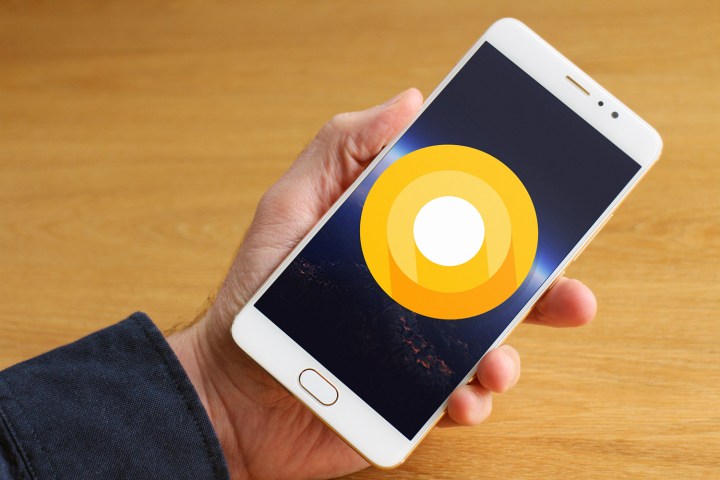
All a user has to do is swipe an ‘X’ on the screen to close an app, which we assume — at least on Android — would bring the user back to home screen. The patent, however, could have implications far beyond Android. A gesture like this, for example, could be used on a smartphone, computer, augmented reality headsets, and more — meaning the user only has to learn one set of gestures that can be applied to their entire digital life. That would mean that an application would not need to tell the user how to exit.
In fact, the patent notes different use cases. Images in the patent filing show use on a smartphone, computer, and even on a surface with a projector. The filing does not specifically note augmented or virtual reality, but it seems applicable to those too.
It makes sense. As the patent notes, currently, different apps and devices have different ways to interact with apps and ultimately close them, meaning that the space on the screen can’t be as optimized as it otherwise could be.
It will be interesting to see how, or if, Google implements the patent but even if it does not, we will continue to see improved gestures implemented by Google and other companies as time goes on. Will we see a new way to close apps in Android O? Only time will tell, but the patent was first filed in October 2015, so if Google has not implemented it now, it may well do so soon.
You can see the patent filing for yourself here.
Editors' Recommendations
- A new Google Pixel Tablet is coming, but it’s not what you think
- Google just released the first Android 15 beta. Here’s what’s new
- A new Android 15 update just launched. Here’s everything that’s new
- Google Messages vs. Samsung Messages: Which app should you use?
- The 1Password Android app just got a huge upgrade

